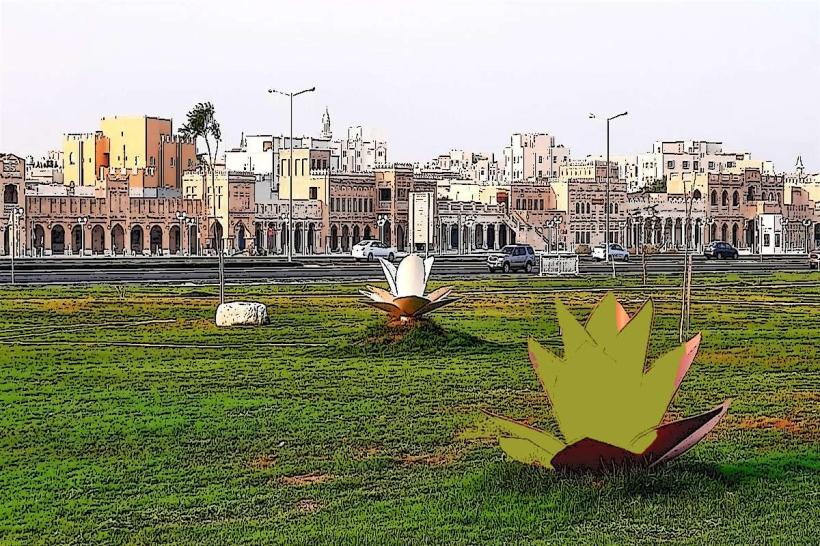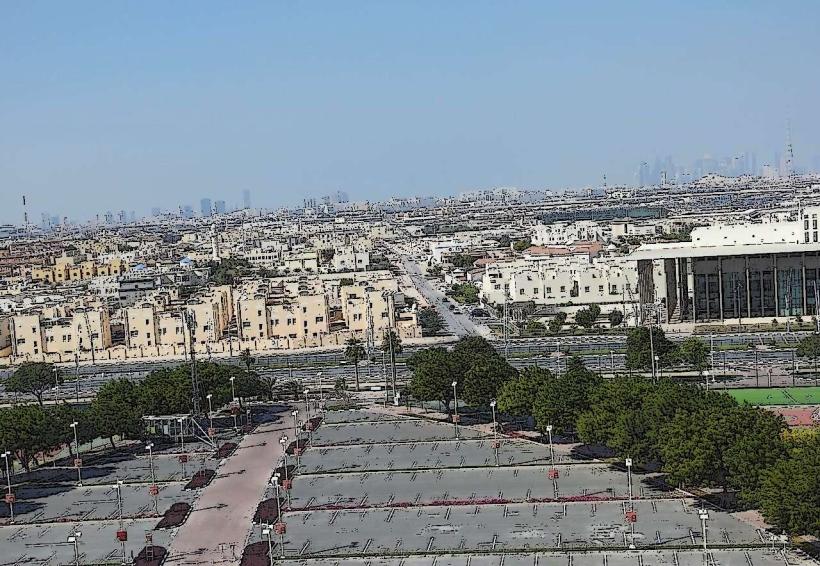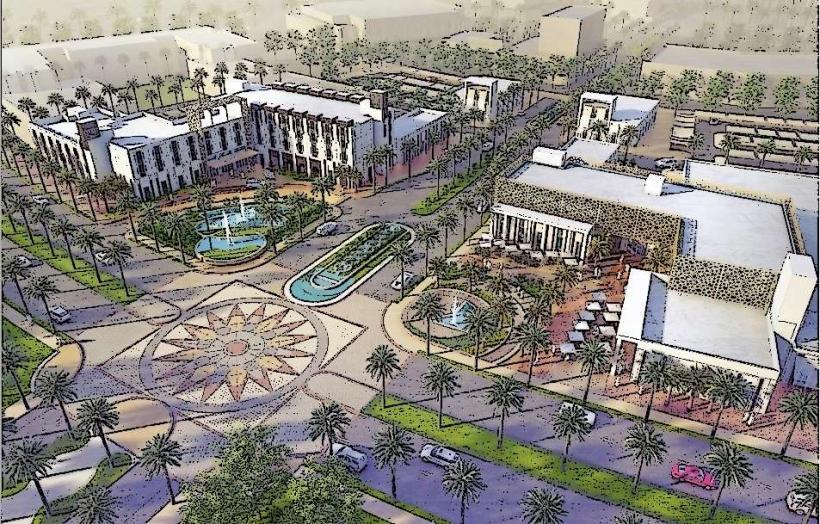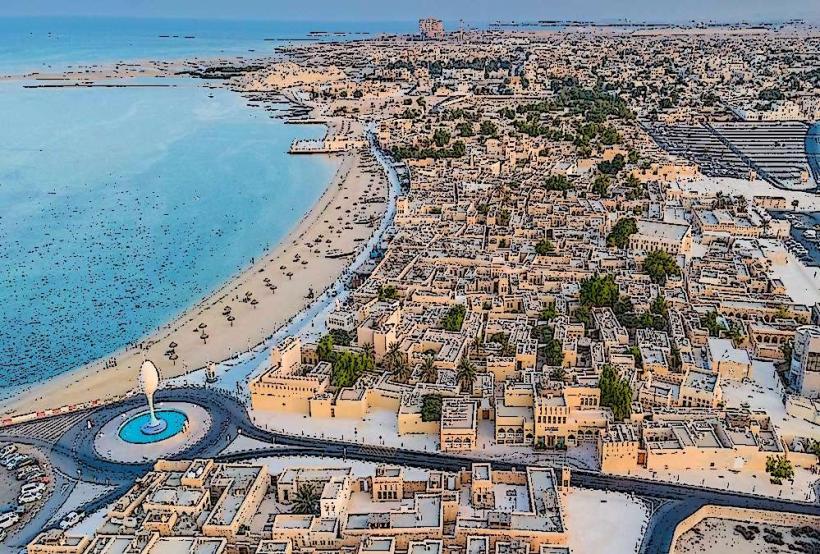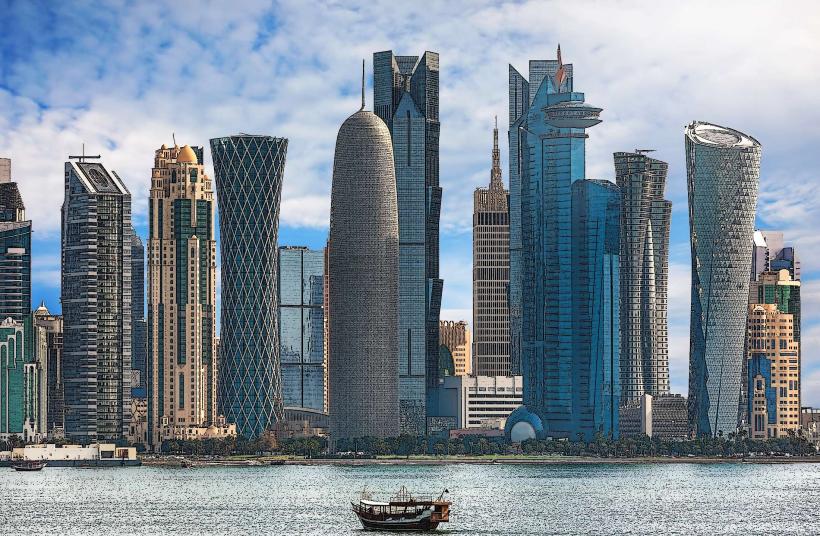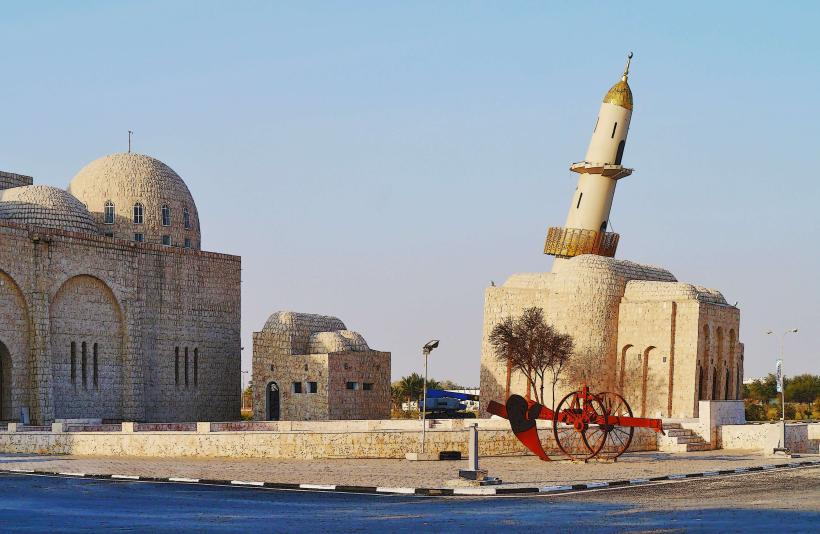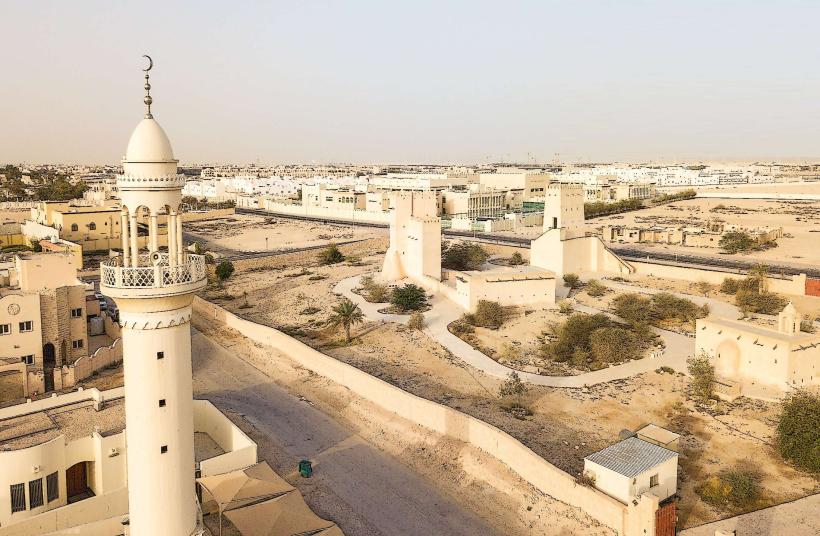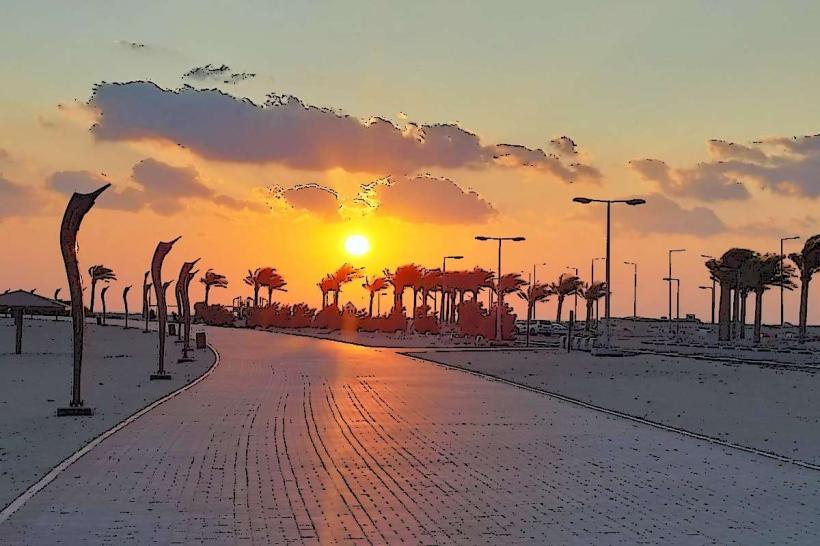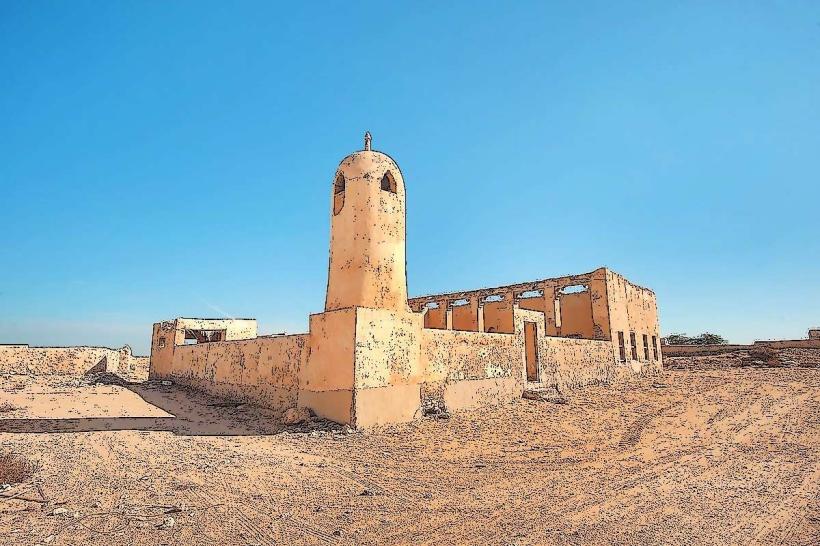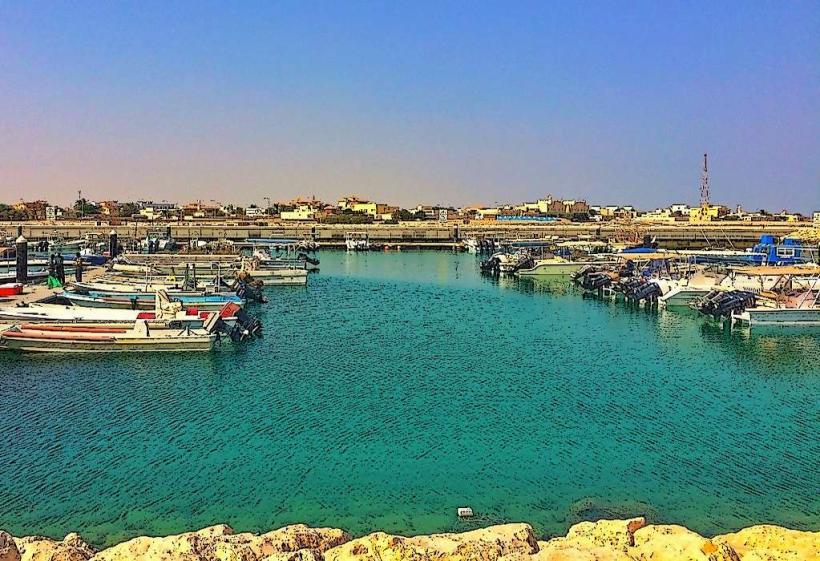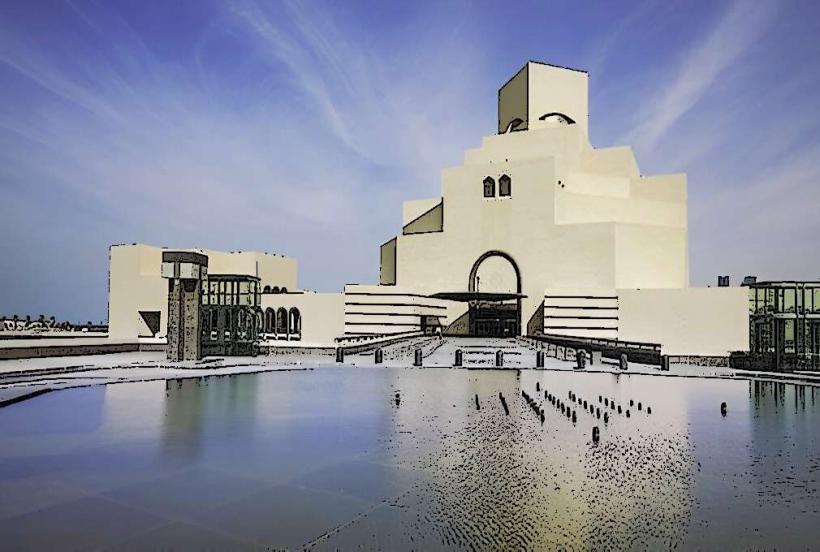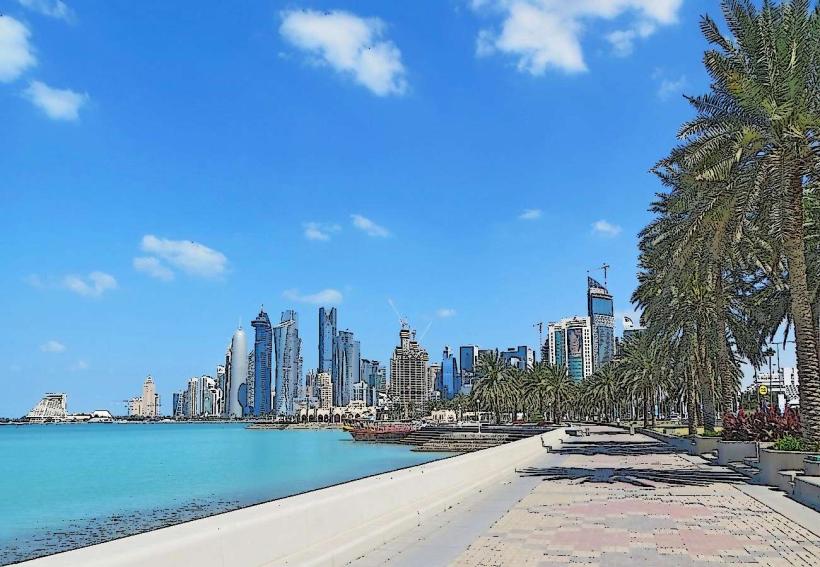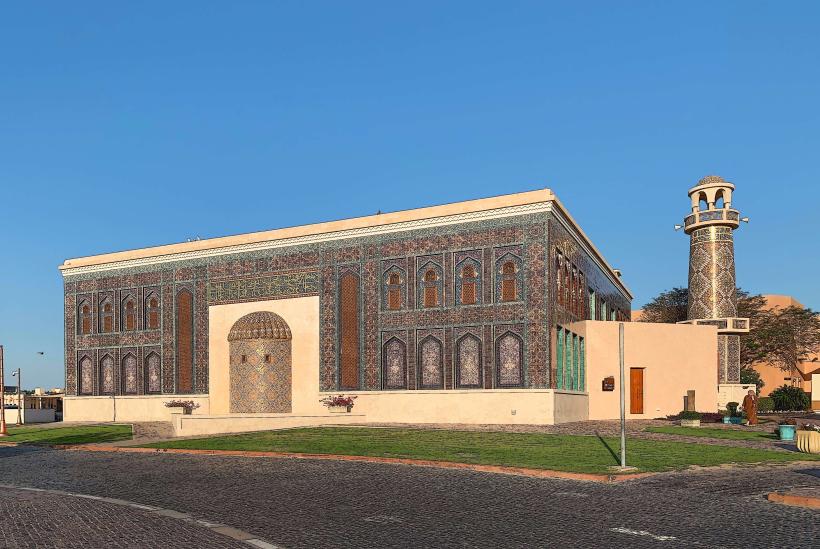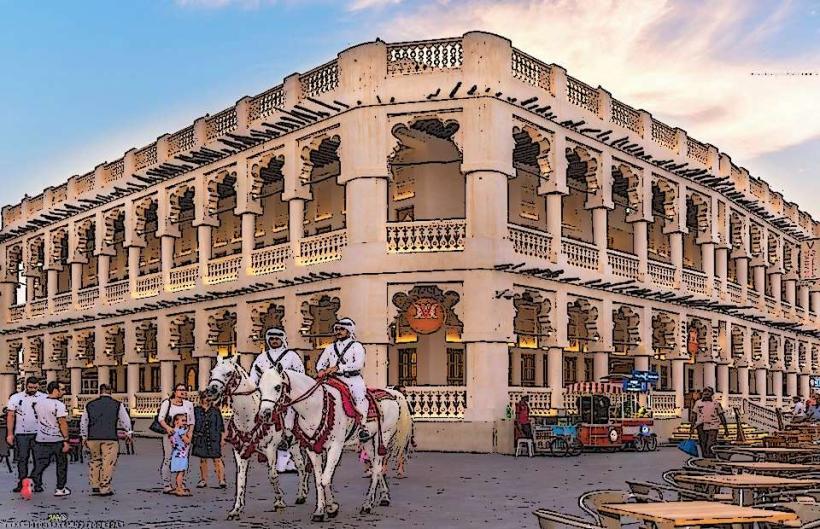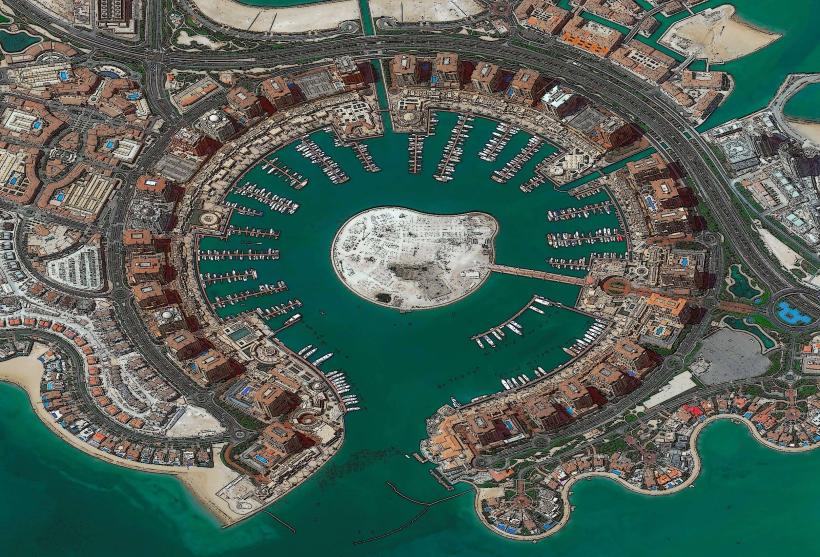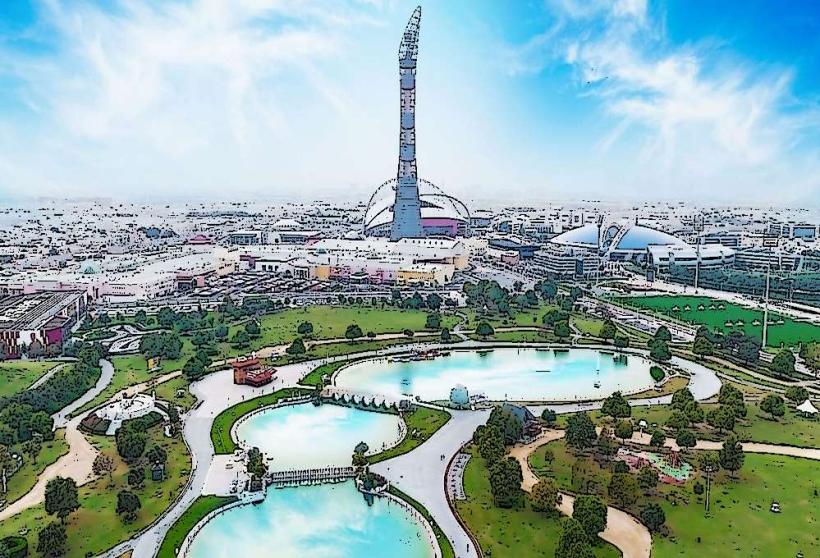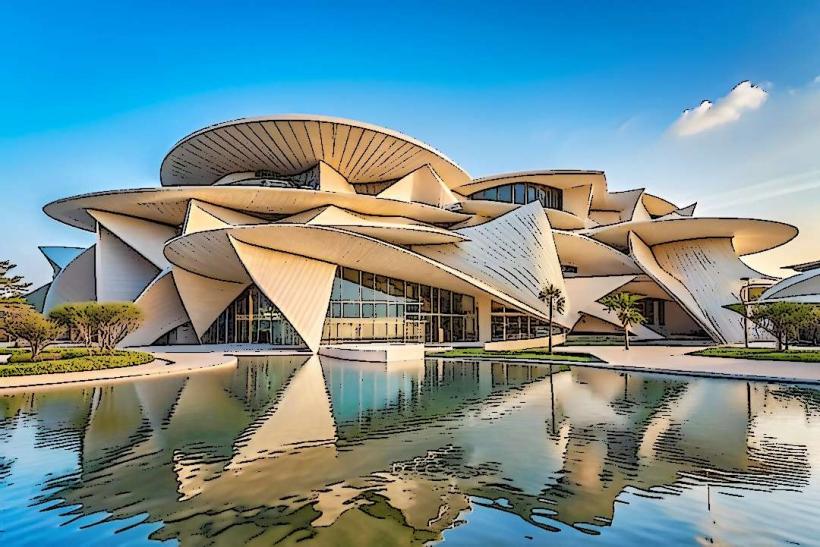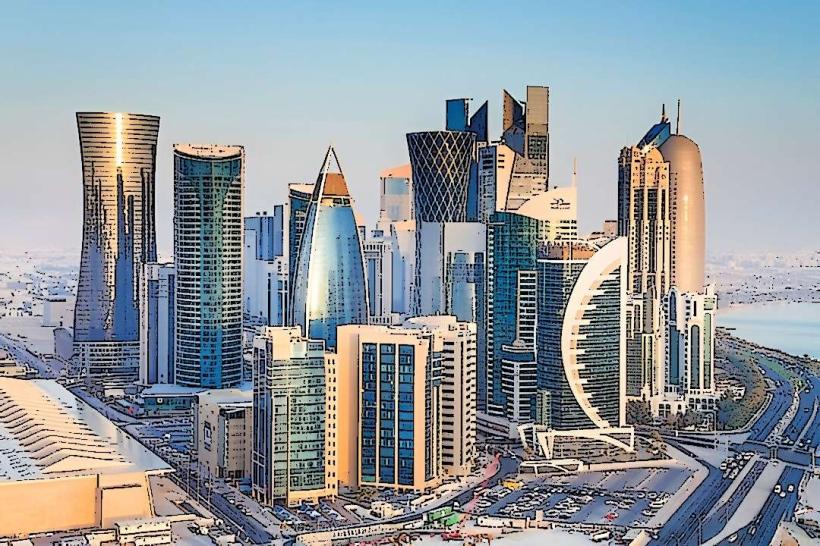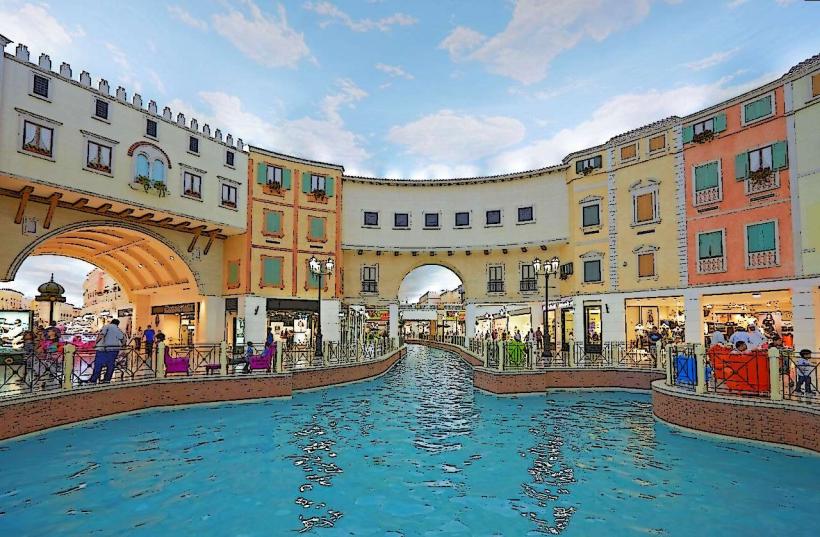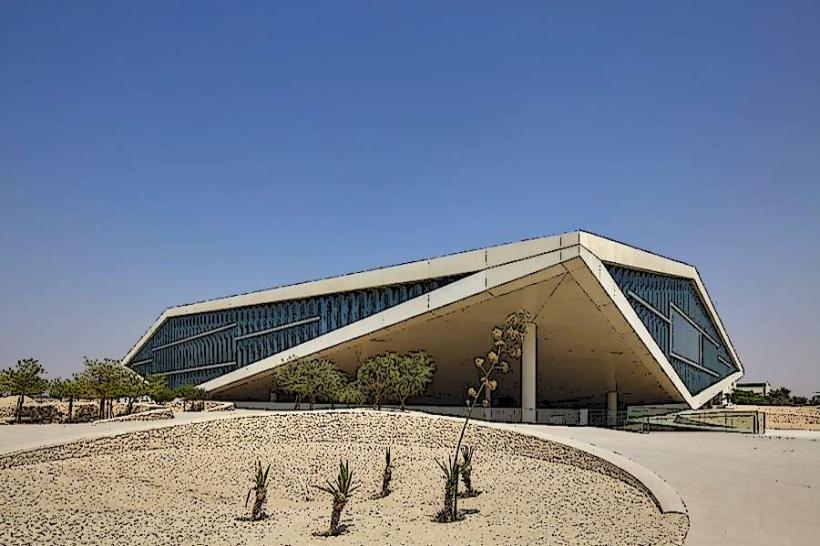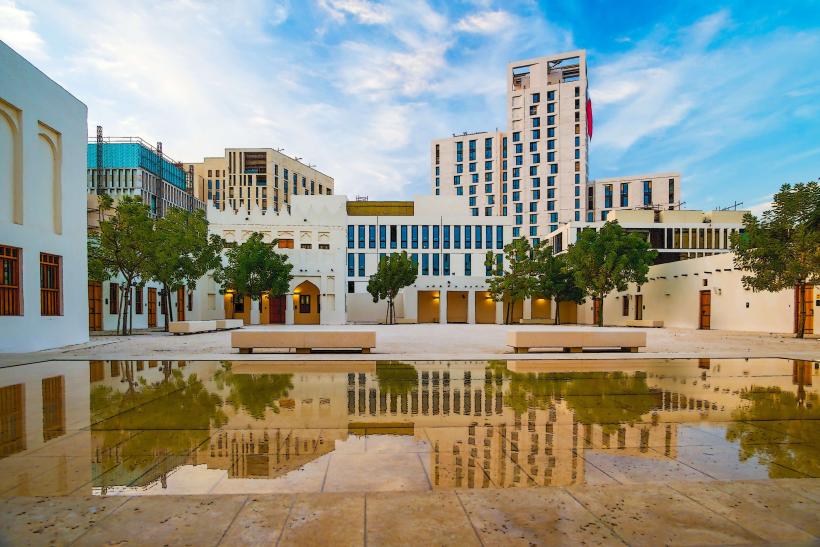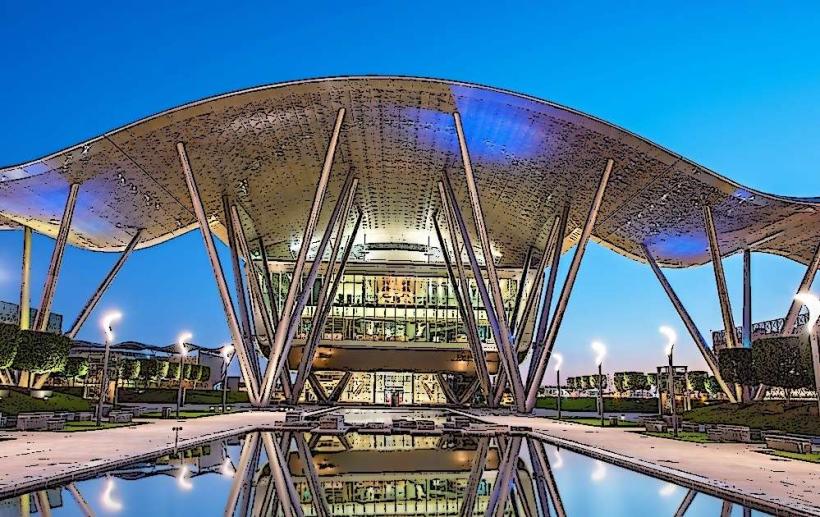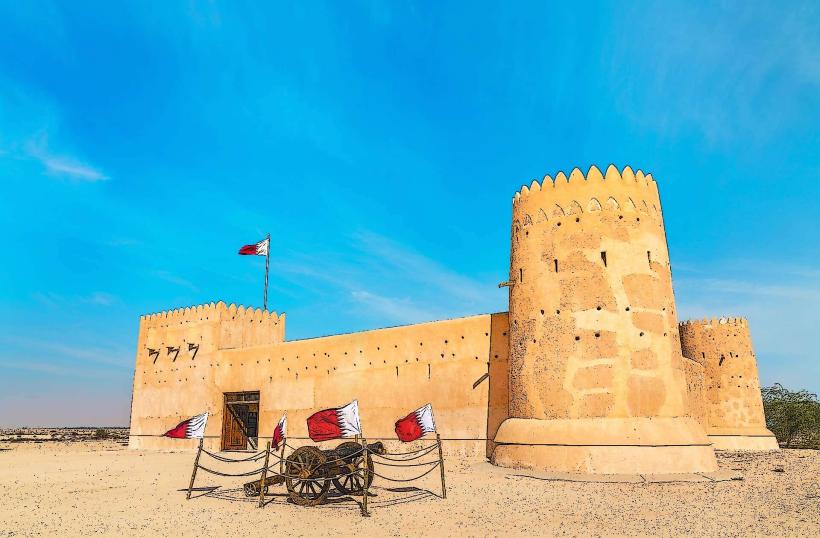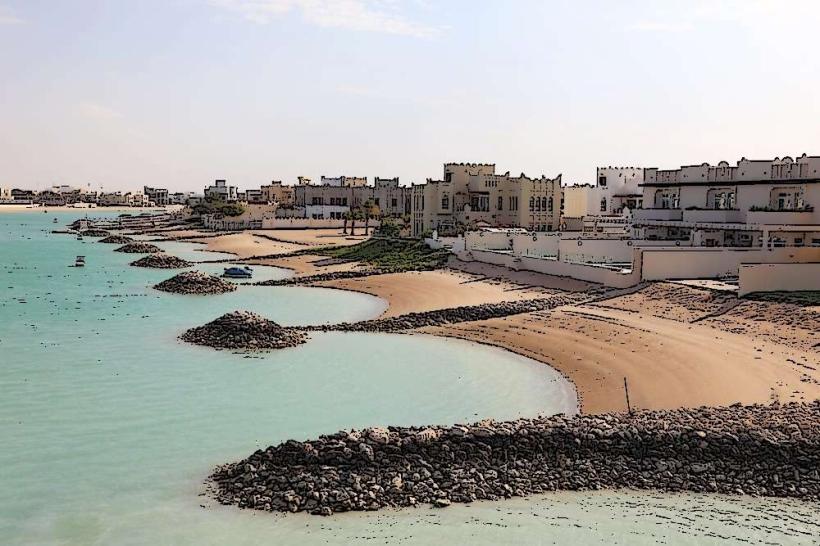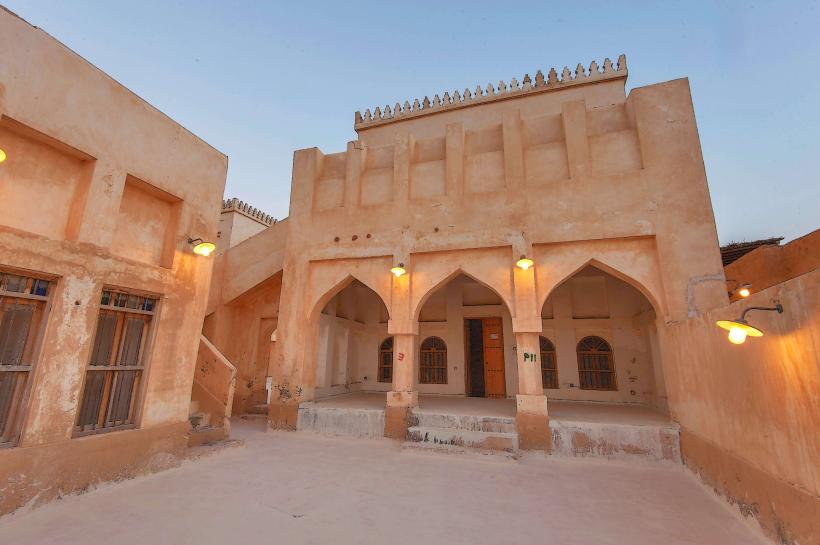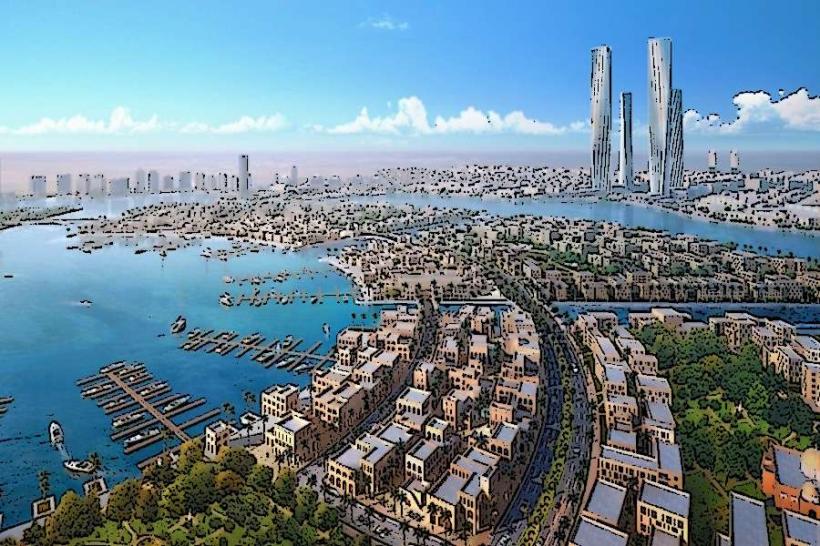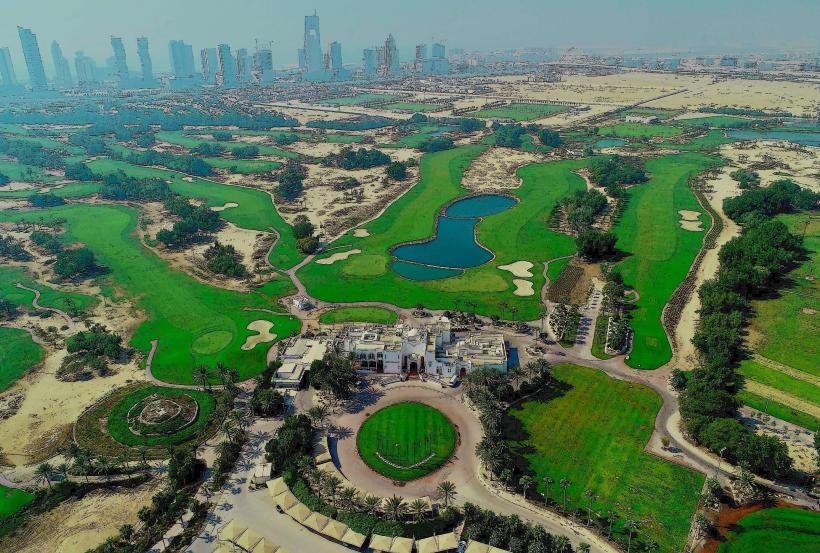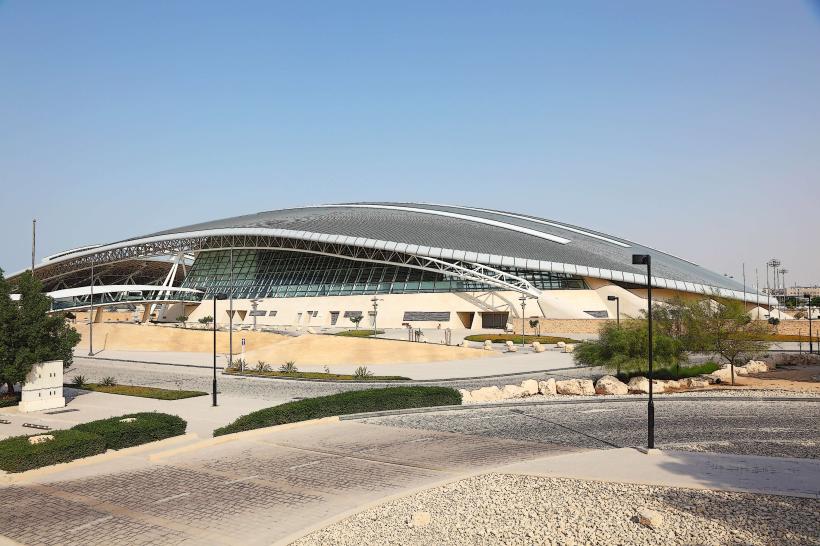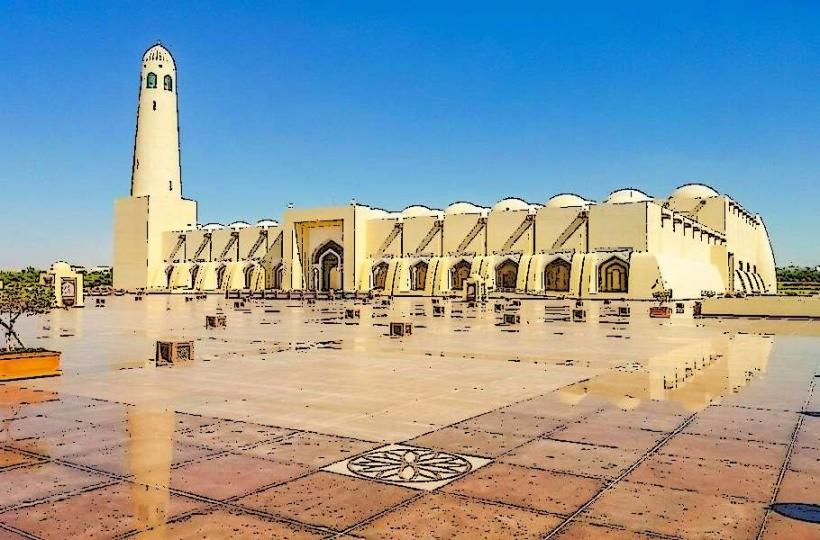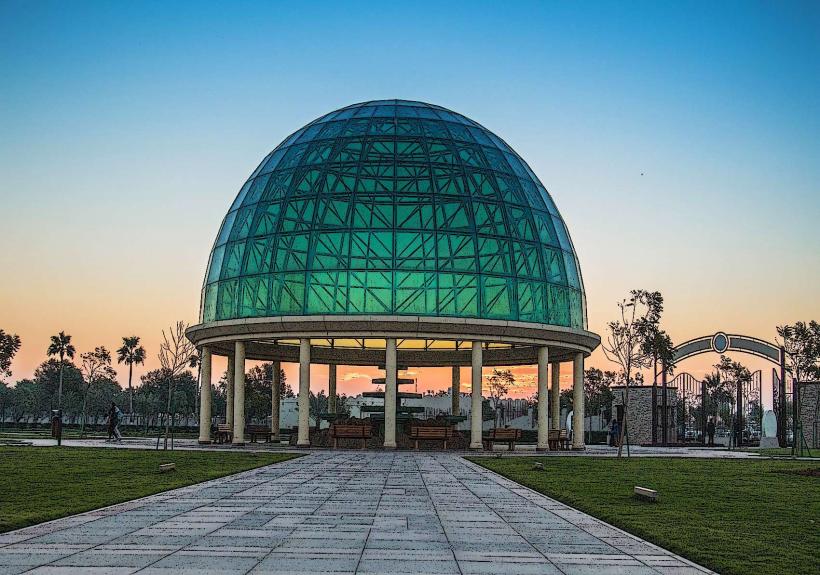Information
Country: QatarContinent: Asia
Qatar, Asia
Qatar is a sovereign state on the Arabian Peninsula. Its economy is among the world's most prosperous, fueled by its status as a leading exporter of liquefied natural gas (LNG) and a comprehensive national drive toward digital and service-sector expansion; the capital is Doha.
Visa & Entry Policy
As of January 11, 2026, Qatar maintains a highly accessible entry regime:
Visa-Free / Visa on Arrival: Citizens of over 100 countries, including the US, UK, and EU, are eligible for visa-free entry. Standard waivers allow for stays of up to 90 days (multiple-entry) or 30 days depending on nationality.
Hayya Platform: The Hayya A1 Tourist Visa is the primary digital gateway for those not eligible for waivers. It costs 100 QAR ($27 USD) and is typically processed within 3–7 business days.
Mandatory Health Insurance: Visitors staying longer than 30 days must purchase a health insurance policy from a Ministry of Public Health (MOPH) registered provider. The standard premium is 50 QAR per month.
Requirements: A passport valid for at least six months from the date of arrival. Proof of a return ticket and hotel reservation (often required via Discover Qatar for specific nationalities) is mandatory.
Language & Communication
Arabic is the official language. English is the de facto primary language for business and daily life due to the massive expatriate population. All public signage, menus, and official digital services are bilingual.
Currency & Payment Systems
The official currency is the Qatari Riyal (QAR), pegged to the US Dollar at $1 USD = 3.64 QAR.
Cashless Ecosystem: Qatar has one of the highest digital payment adoption rates globally. Contactless payments via NFC, Apple Pay, and Google Pay are the standard for everything from luxury malls to the Doha Metro.
Digital Riyal (CBDC): As of early 2026, the Qatar Central Bank (QCB) has completed initial foundational trials for the Digital Riyal, focusing on large-value domestic and international settlements.
Qatar Digital Pass: A next-generation national authentication service that stores biometric data, digital signatures, and payment cards for streamlined access to government services.
National Transport Grid
Doha Metro: One of the world's fastest driverless systems ($100 km/h$). In 2026, the network is completing Phase 2, aiming for 100 stations and the inauguration of the semi-circular Blue Line linking West Bay and Airport City North.
Lusail Tram: Fully integrated with the Metro, providing transit within the "smart city" of Lusail.
Long Distance Rail: Qatar Rail continues development of the passenger and freight network intended to link main cities with the broader GCC rail network.
Aviation: Hamad International Airport (DOH) serves as the global hub for Qatar Airways and is a primary gateway for the 2026 travel season.
Digital Infrastructure
6G Roadmap: As of January 2026, following the launch of the National 6G Testbed Platform in late 2025, Qatar is conducting experimental trials in Lusail City and Education City to validate ultra-low latency and AI-native networking.
TASMU Smart Qatar: The 2026 roadmap prioritizes hyper-automation and AI-powered public services, including the world’s first AI-powered building permit system.
Cloud Infrastructure: Local data centers from Microsoft and Google have matured, making Qatar a regional hub for cloud-native AI and high-performance computing (HPC).
Climate & Seasonality
Winter (Nov–Mar): Peak season. Temperatures range from $16°C$ to $25°C$.
Ramadan 2026: Expected to begin on February 17, 2026. During this month, eating, drinking, and smoking in public during daylight hours is strictly prohibited.
Summer (Jun–Sep): Extreme heat ($40°C$ to $50°C$) and high humidity.
Health & Safety
As of January 2026, Qatar is consistently ranked as one of the safest countries in the world.
Safety: Extremely low rates of violent and petty crime.
Laws: Vaping and e-cigarettes are strictly illegal to import or sell. Public displays of affection (PDA) and obscene language are subject to legal penalties.
Health: Tap water is generally safe, though bottled water is preferred by many. MERS-CoV remains a minor regional risk; avoid contact with camels.
Emergency: All services 999.
Top 3 Major Regions & Cities
Doha: The economic heart; home to the Museum of Islamic Art and Msheireb Downtown.
Lusail City: The "City of the Future"; a high-tech smart city north of Doha.
Al Wakrah: Known for its traditional heritage, souqs, and the Al Janoub Stadium.
Local Cost Index
1L Water: 2.00 QAR ($0.55 USD)
1 Domestic Beer (0.5L): 45.00 QAR ($12.35 USD) - Licensed venues only
1 SIM Card (20GB Data): 175.00 QAR ($48.00 USD)
Facts & Legends
Qatar has the highest GDP per capita (PPP) in the world. Local folklore features the Djinn and stories of pearl divers who dominated the economy before the discovery of oil. Historically, Qatar was a British protectorate until 1971. Geologically, it is home to the Khor Al Adaid (Inland Sea), where the sea encroaches deep into the heart of the desert dunes. In 2026, it continues to leverage its "Sporting Capital" status, hosting numerous international championships following its 2022 World Cup success.

